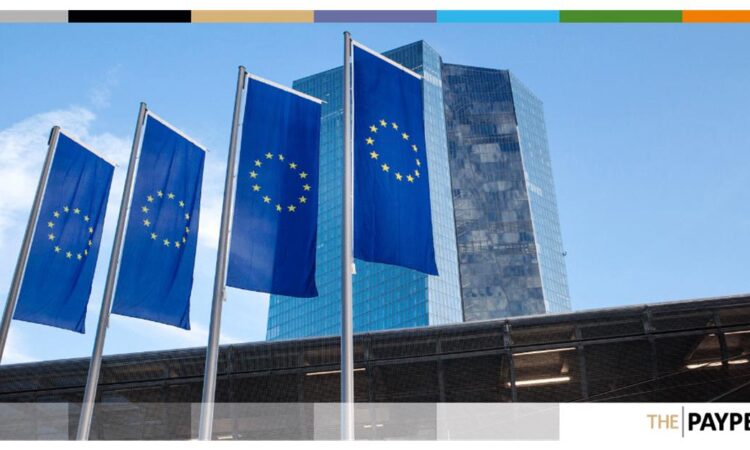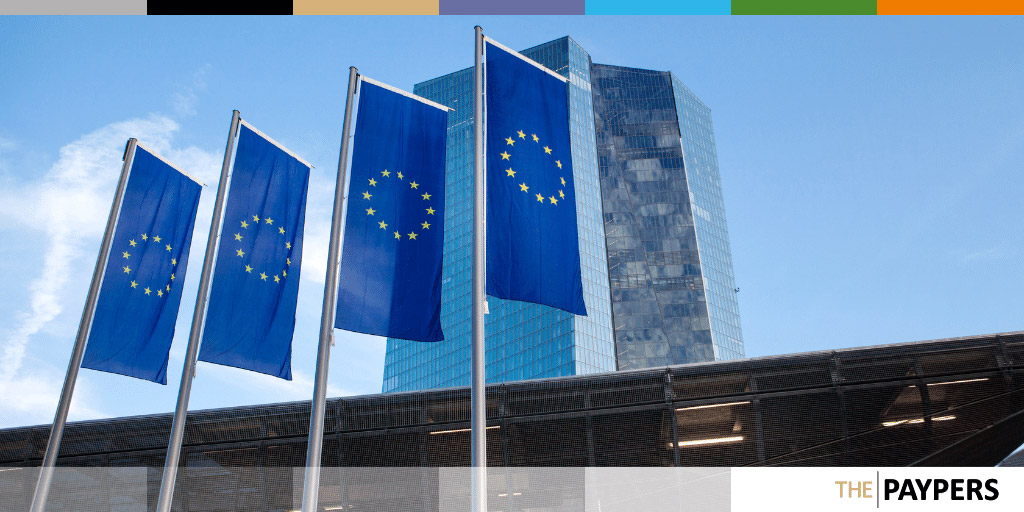
It’s worth noting that the new deal aims to combat money laundering in the cryptocurrency and luxury sectors. Following negotiations that concluded in the early hours of 18 January 2024, representatives from EU member states and the European Parliament sought to address the existing variations in national approaches to combatting money laundering. Belgium’s finance minister and holder of the EU presidency emphasised the significance of the agreement in preventing fraudsters, organised crime, and terrorists from legitimising their proceeds through the financial system.
The agreement encompasses components of an anti-money laundering package that includes the establishment of a new EU anti-money laundering authority. The extension of existing EU anti-money laundering regulations stipulates that providers of cryptoasset services must conduct customer checks for transactions exceeding EUR 1,000 and report suspicious activities. Cross-border cryptoasset firms will be subject to additional scrutiny. Additionally, businesses dealing in luxury goods, such as precious metals, jewellery, goldsmiths, luxury cars, aeroplanes, and yachts, will be required to implement customer checks. The scope may also extend to professional football clubs and agents starting in 2029 according to Yahoo.
To further hinder money laundering activities, the agreement introduces an EU-wide maximum limit of EUR 10,000 for cash payments. Entities falling under the purview of the new regulations must identify and verify individuals conducting occasional cash transactions ranging from EUR 3,000 to EUR 10,000. However, it’s also worth noting that the formal approval of EU member states and the full parliament is required for these new rules to be enacted into law.

Financial Intelligence Units and AML in Europe
According to the European Commission, Financial Intelligence Units (FIUs) play an important role in the fight against money laundering and terrorist financing. These units are responsible for receiving, requesting, analysing and disseminating information to the competent authorities on potential money laundering or terrorist financing activities. They are usually placed within law enforcement agencies or administrative bodies reporting to Ministries of Finance in EU States.
The Commission further details that a number of entities and persons fall under anti-money laundering reporting requirements, such as banks, financial institutions, notaries or casinos. These entities must file a suspicious transaction report without delay to the FIU when they know or suspect that money laundering or terrorist financing is being or has been committed or attempted.






